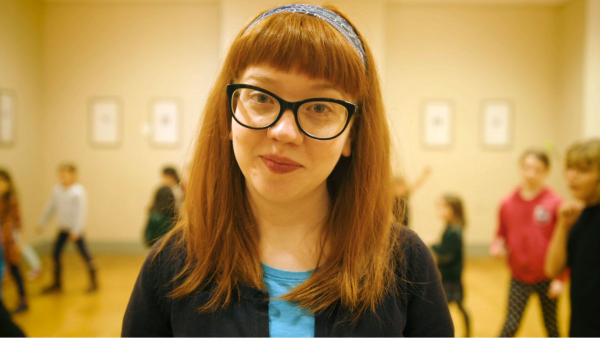How to become
You can get into this job through:
- a university course
- a college course
- an apprenticeship
- volunteering
University
To become a community arts worker, you could take a foundation degree, higher national diploma or degree in:
- community arts
- creative expressive therapies
- art and design
- community education
You'll usually need to be qualified and experienced in a certain art form, such as visual arts, dance, drama, music or creative writing.
Entry requirements
You'll usually need:
- 1 or 2 A levels, or equivalent, for a foundation degree or higher national diploma
- 2 to 3 A levels, or equivalent, for a degree
More Information
College
You may find a community arts qualification useful for getting a job as an assistant.
You could take a:
- Level 2 Certificate in Community Arts Administration
- Level 2 or 3 Certificate in Community Development
Entry requirements
You may need:
- 2 or more GCSEs at grades 9 to 3 (A* to D), or equivalent, for a level 2 course
- 4 or 5 GCSEs at grades 9 to 4 (A* to C), or equivalent, for a level 3 course
More Information
Apprenticeship
You may be able to do a cultural learning and participation officer advanced apprenticeship.
This usually takes a year and 6 months to 2 years to complete. It includes a mix of learning in the workplace and studying in a classroom.
Entry requirements
You'll usually need:
- 5 GCSEs at grades 9 to 4 (A* to C), or equivalent, including English and maths, for an advanced apprenticeship
More Information
Volunteering
It's important you get experience before you apply for jobs. You can do this by volunteering which can often lead to paid work.
You can find out about local community arts projects from the arts officer at your local council or by checking:
Direct Application
You can apply directly for jobs if you have experience working in the community.
Good examples include working in adult education, art teaching or youth work. Experience of working with disadvantaged or vulnerable groups will also be helpful.
More Information
Career tips
Experience is just as important for getting onto a community arts course as it is for finding paid work.
Further information
You'll find more on working in community arts and creative careers from Discover Creative Careers.
